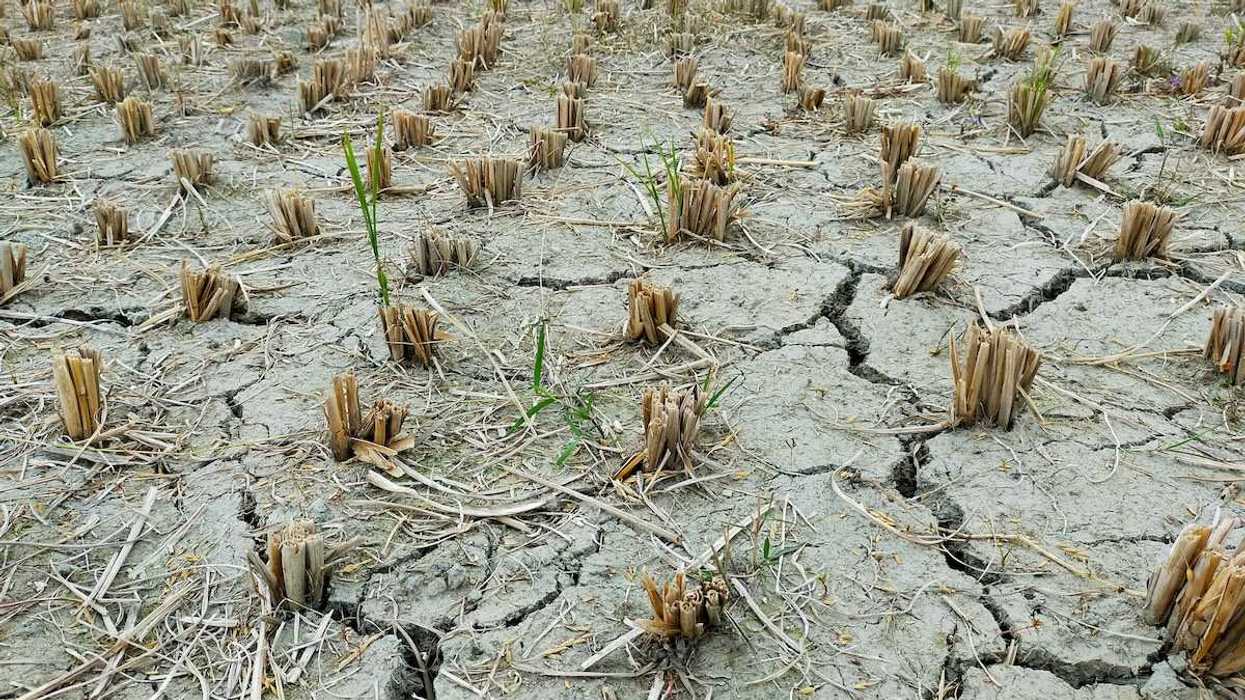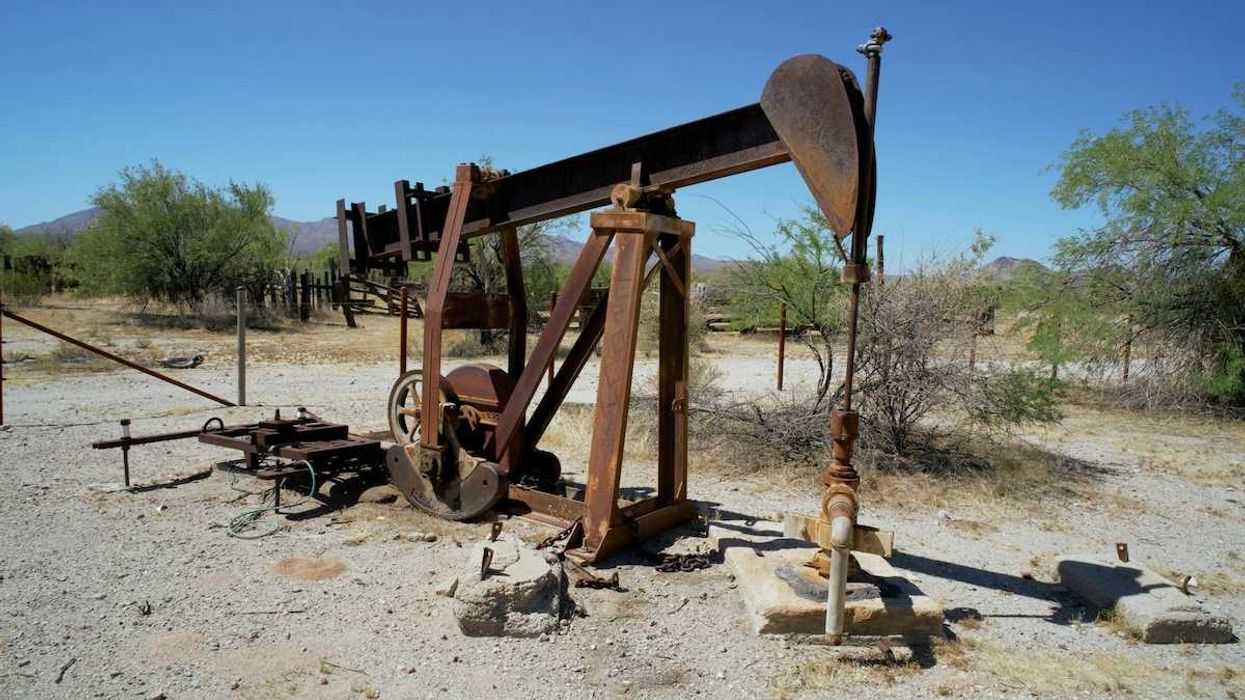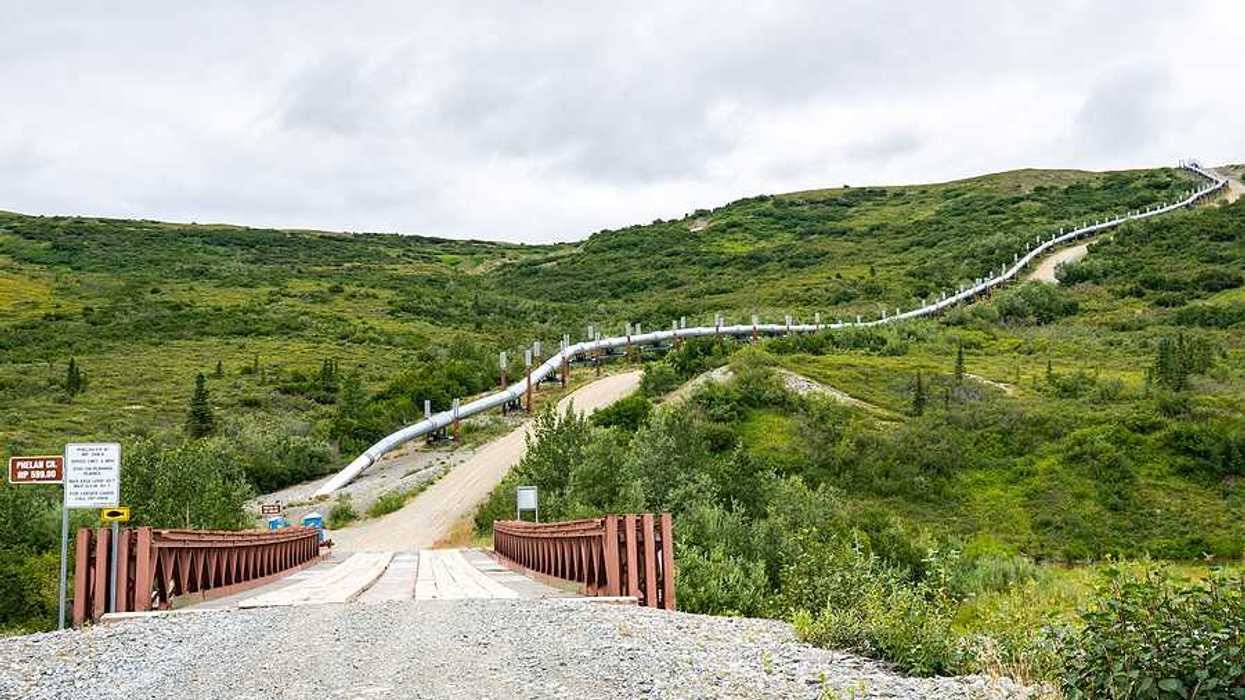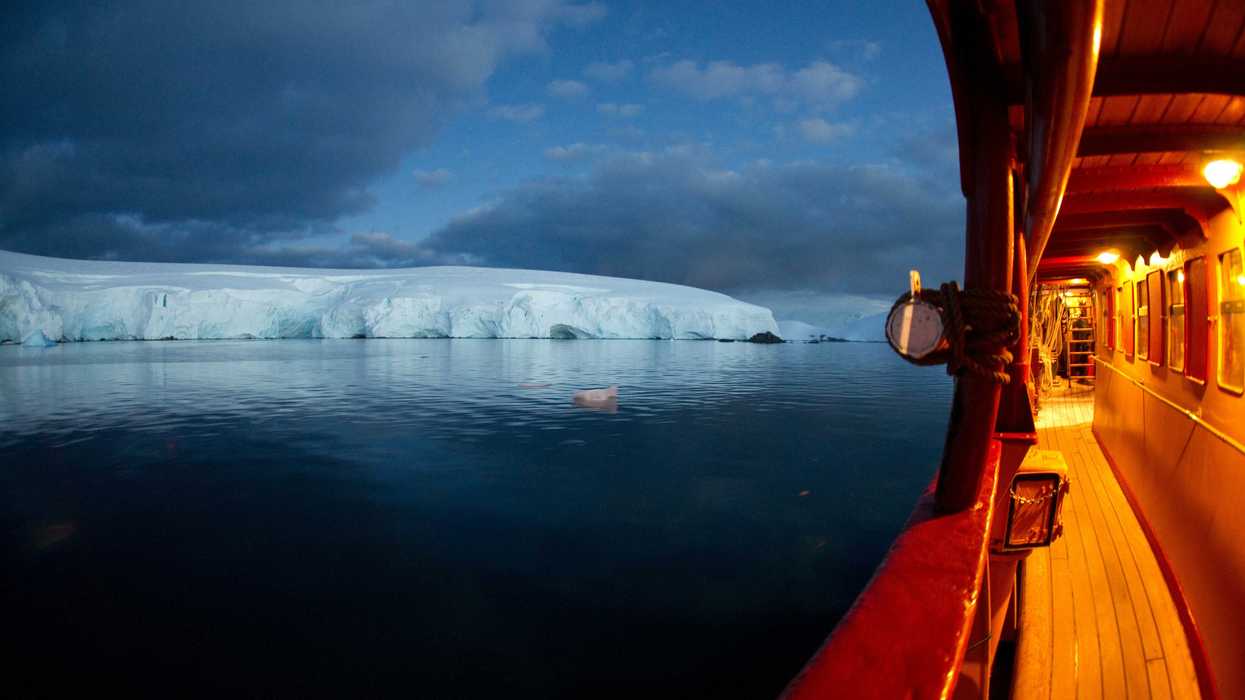Eelgrass, a vital coastal plant that helps prevent erosion and store carbon, is disappearing from Maine's waters, worrying scientists about its impact on climate and marine habitats.
Murray Carpenter reports for The New York Times.
In short:
- Eelgrass stabilizes shorelines, filters water, and offers habitat for marine species like lobsters and bass.
- The Maine Department of Environmental Protection found a 60% decline in eelgrass since 2005, with some areas losing all eelgrass.
- Climate change, invasive species, and storms are stressing eelgrass beds, while their carbon capture potential draws growing attention.
Key quote:
"There are so many things that are important about eelgrass, but you can’t see it unless you’re scuba diving or have an underwater camera."
— Cheyenne Adams, Maine Department of Environmental Protection.
Why this matters:
Eelgrass plays a crucial role in fighting climate change by sequestering carbon and protecting coastlines. As its decline accelerates, the loss could harm ecosystems and exacerbate coastal erosion.














